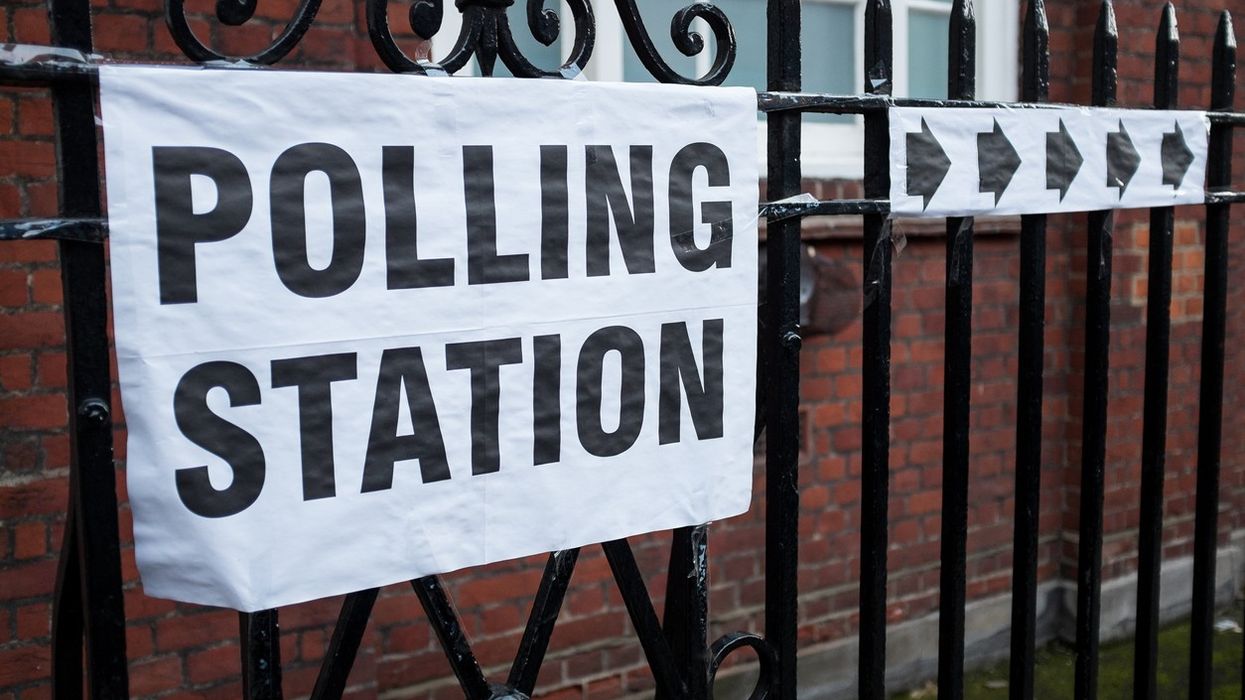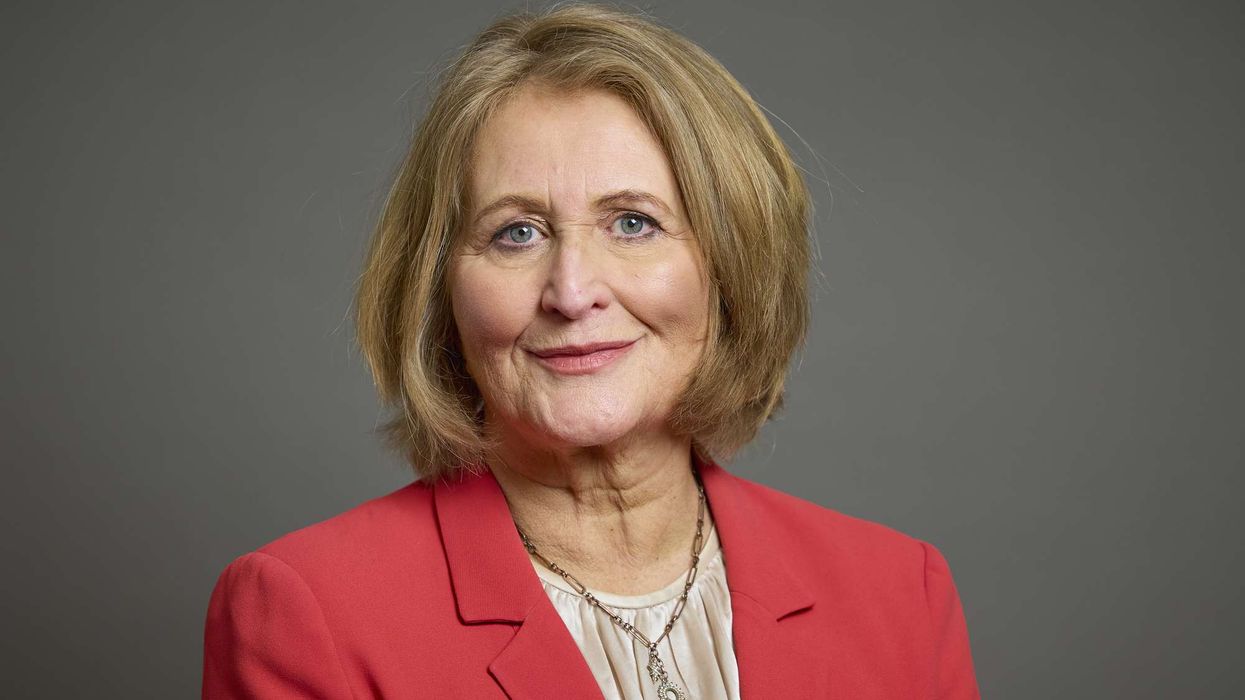The Greater London Authority (GLA) and Shout Out UK (SOUK) have launched an unprecedented and impartial public awareness campaign about forthcoming changes to the voting system to ensure every eligible Londoner can continue to access their civic and democratic rights.
The campaign, which is backed by boroughs, civil society groups, and education institutions across the capital, is designed to address the equalities impact of the Elections Act 2022, especially the introduction of mandatory photo IDs to vote.
London already has one of the lowest voter registration rates across the UK and figures show that one in 10 Londoners are at risk of losing their democratic voice as they might not possess suitable ID, with the under-represented communities most likely to be disenfranchised.
The campaign, which is coordinated with the Electoral Commission's nationwide campaign, will include communication across press, radio and social media, and information and educational materials, including accessible materials for deaf and disabled Londoners and translations in 10 community languages.
It will raise awareness for the acceptable forms of photo IDs to vote; how to apply for a free Voter Authority Certificate; and that the first steps remains the need to register for voting.
Through the coordinated approach, the campaign aims to ensure all eligible Londoners have a say on decisions impacting them, their local communities, and the city as figures show that six in 10 are not aware of the changes to how we vote and who can vote.
Three in 10 young Londoners (aged 16-24) are not registered to vote, with young Londoners, alongside Black, Asian, Minority Ethnic and migrant Londoners, including Commonwealth and EU Londoners; social and private renters, the most under-registered and under-represented groups.
Many of these Londoners are also deaf and disabled and on low incomes.
These under-registered and under-represented Londoners have been disproportionately affected by the Covid-19 pandemic and the ongoing cost-of-living crisis, and are at a higher risk of losing their votes when the impact of the Elections Act 2022 is felt in May 2024, when the next London elections will be held.
Stats show:
- Half a million Londoners do not possess a passport
- More than 2.6m Londoners do not have a full driving licence, with women less likely to have one
- Only around one in five (18 per cent) of disabled Londoners would be able to present a Freedom Pass as ID, if required
- One in five Black Londoners and one in three EU Londoners are not registered to vote and risk being disproportionately impacted by these voting system changes
- Twelve per cent of LGBTQI+ people do not own any usable photo ID, with nearly two in five trans people and more than one third of non-binary individuals having previously experienced problems getting their ID accepted
- An estimated 1.7 million low-income adults across the UK are at risk of losing their democratic voice due to difficulties in securing a photo ID
Further polling commissioned by the GLA and carried out by YouGov has shown that:
- Sixty-one per cent of Londoners are not aware of the forthcoming photo ID requirement in order to vote.
- The third who are aware is comprised of just 13 per cent who are aware of which forms of ID will be accepted and 20 per cent who are not
- Black (30 per cent) and other / mixed Londoners are less aware (27 per cent) of the requirement, and Londoners born in the EU are slightly less likely to be aware than those born in the UK (34 per cent compared to 29 per cent)
- Londoners on lower household incomes (particularly those under £20k) are less likely to be aware – this is seen most strikingly by social grade, where 38 per cent ABC1 Londoners are aware compared to 25 per cent of C2DE Londoners
- When asked what forms of ID respondents hold, polling revealed one in 10 Londoners (11 per cent) does not hold a form of approved photo voter ID specified in the Elections Act (2022)
- Close to one in five Londoners aged under 25 say that they do not hold an approved ID (19 per cent)
- Over the last two years, through the annual London Voter Registration Week, the GLA and its partners have contributed to the voter registration of more than 75,000 people and have reached more than 1.4 million Londoners
Matteo Bergamini, CEO/ founder, Shout Out UK, said, "We are living through one of the most significant changes in how we exercise our democratic right to vote in Britain's history, which makes political literacy and democratic awareness of how you register to vote, and then vote, more important now than ever before!
"This is why Shout Out UK is teaming up with the Greater London Authority to ensure that all Londoners understand the changes coming and to ensure no one, no matter who they are, is excluded from our democracy."
Mihai Calin Bica, campaigning and policy coordinator, Roma Support Group, said, "European Roma communities have made the UK their home for a few decades now. Despite that, we are still missing on opportunities to contribute to the British democratic process. The Voter ID Awareness Campaign brings forward information on historical changes to the voting process. We are supporting this campaign as we are embarking on a new journey to empower Roma communities to have their voices heard in democratic processes and fully contribute to British society."
Rosie Trevill, community & communications coordinator, Elect Her, said, "Elect Her are proud to support GLA and Shout Out UK in their campaign to address the introduction of photo Voter IDs and removal of voting rights from some EU Londoners. Eleven per cent of Londoners don’t currently hold an approved form of photo voter ID. It is vital for our democracy that every citizen has a voice, and voting is the first step to becoming politically active. We hope this campaign raises awareness of the negative impact introducing photo Voter IDs will have on our democracy."
Jacky Peacock, Advice 4 Renters, said, “The average tenancy in the private sector is three to four years, and for the most vulnerable renters it’s often less than that. It’s not surprising then that private tenants are the least likely group to register to vote, because they know they may well be living in a different area before the next elections. Yet, this is the group whose voice really needs to be heard if we are ever to persuade politicians to take the steps needed to improve the experience of private tenants. That’s why we place a high priority on making renters aware of the importance of voting and encouraging them to get onto the electoral register.”
Nazek Ramadan, director, Migrant Voice, said, "Many migrants have been long-term residents and play active roles in UK society, both nationally and locally. Yet too many migrants are unable to have a voice and take part in one crucial mechanism of the UK democracy – voting. The new voter ID rules will disproportionately affect minorities, which includes migrants who can vote in UK elections. It’s important for as many people as possible to be aware of the change so they can prepare and be able to vote at their next elections.”
Rensa Gaunt, communications and media officer, Inclusion London, said, "Inclusion London is supporting the Voter ID Awareness Campaign because it's vital that Deaf and Disabled Londoners are heard in our elections. Many people don't have photo ID, or don't know that they can use their Freedom Pass, Disabled Person's Bus Pass or Blue Badge photocard. We support the campaign to reach everyone in our communities and give them the support they need to be ready to vote."
Jacobo Belilty, coordinator, CLAUK (Coalition of Latin Americans in the UK), said, “The Coalition of Latin Americans in the UK (CLAUK) is a group of ‘led by and for’ Latin American organisations pioneering work to raise awareness and understanding of the issues facing the Latin American community in the UK. As an equity-led migrant coalition, CLAUK understands that voting is not only a right that we should be able to exercise, but also a means through which we can empower ourselves, voice our concerns, and support policies that represent our interests.
"Engaging further with this campaign on the changes to the voting system and the introduction of a voter ID requirement in elections, our aim is to create the needed outreach that will allow us to inform the target groups in our community who might become disenfranchised with the Elections Act 2022.”












